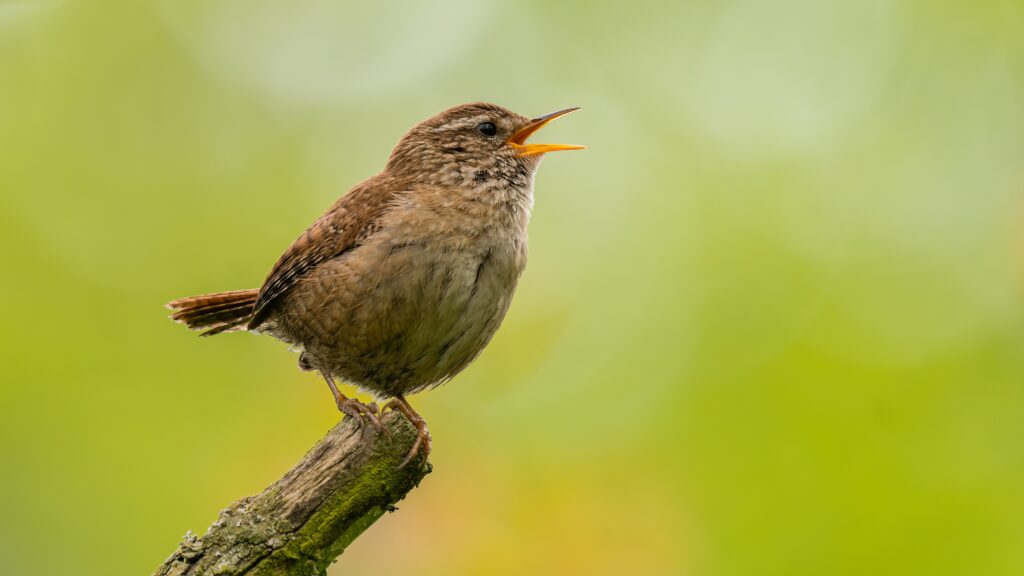Have you ever heard the story of the pottery class where the teacher asked half the class to spend all year making one perfect mug, and the other half to make a new mug every single day without worrying about flaws or imperfections? As the story goes, at the end of the year when the class turned in their final mugs, the half that focused on perfection produced amateurish final products, while the group that made a new mug every day ended the year with flawless creations. The moral of the story? Practice makes perfect and improving every day is more productive than obsessing over perfection. Stories like this one help remind us that the learning process is supposed to be messy and that any skill worth perfecting is worth working on patiently and consistently. As it turns out, songbirds might already intuitively understand this idea!
Related Article: Does Warmer Weather Mean Longer Legs For Birds?
A new study from the University of Southern Denmark set out to solve the mystery of why songbirds sing so often. Singing is obviously a very important skill for songbirds. Males often sing to attract females, defend their territory, and communicate socially with other birds. In many songbirds, females sing too and for similar reasons. But why do they expend so much energy and time singing? Life as a songbird is fraught with risks. A bird needs food to fuel its body so it can do things like fly away from predators, gather more food for its young, or attract a mate. Energy is a precious and limited resource, so why is singing important enough to use up so much of it?
It turns out, the reason might be something that human artists can relate to. Songbirds need practice. Vocal muscles are muscles just like any other. And like any other muscle, they require consistent exercise to stay in top shape and perform at their very best level. And the results are measurable.
The University of Southern Denmark found that when male songbirds do not use their vocal muscles for even a couple of days, the strength of those muscles and the quality of their song experiences a noticeable drop. When male songbirds are kept from singing for seven days, the strength of their vocal muscles may drop by as much as 50%. When the songs of male finches were played for a group of females, the majority of females responded better to the male who had recently exercised his voice and practiced singing.
Another interesting finding from this study was the nature of well-exercised vocal muscles. In humans, muscles that are exercised consistently grow bigger, stronger, and usually become a bit slower as a result. For birds, the vocal muscles experience the opposite changes. The muscles used for singing become weak, quick, and nimble with exercise. It turns out, this might even be true for humans too! Perhaps weaker vocal muscles are easier to manipulate. In any case, the next time you hear that dawn chorus of bird song, remember that, like any truly excellent art, it is the result of a beautiful blend of talent, passion, and practice practice practice!
Popular Article: Eagle Sighted in Wales Over 150 Years Since Extinction

